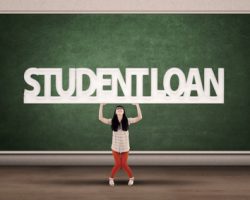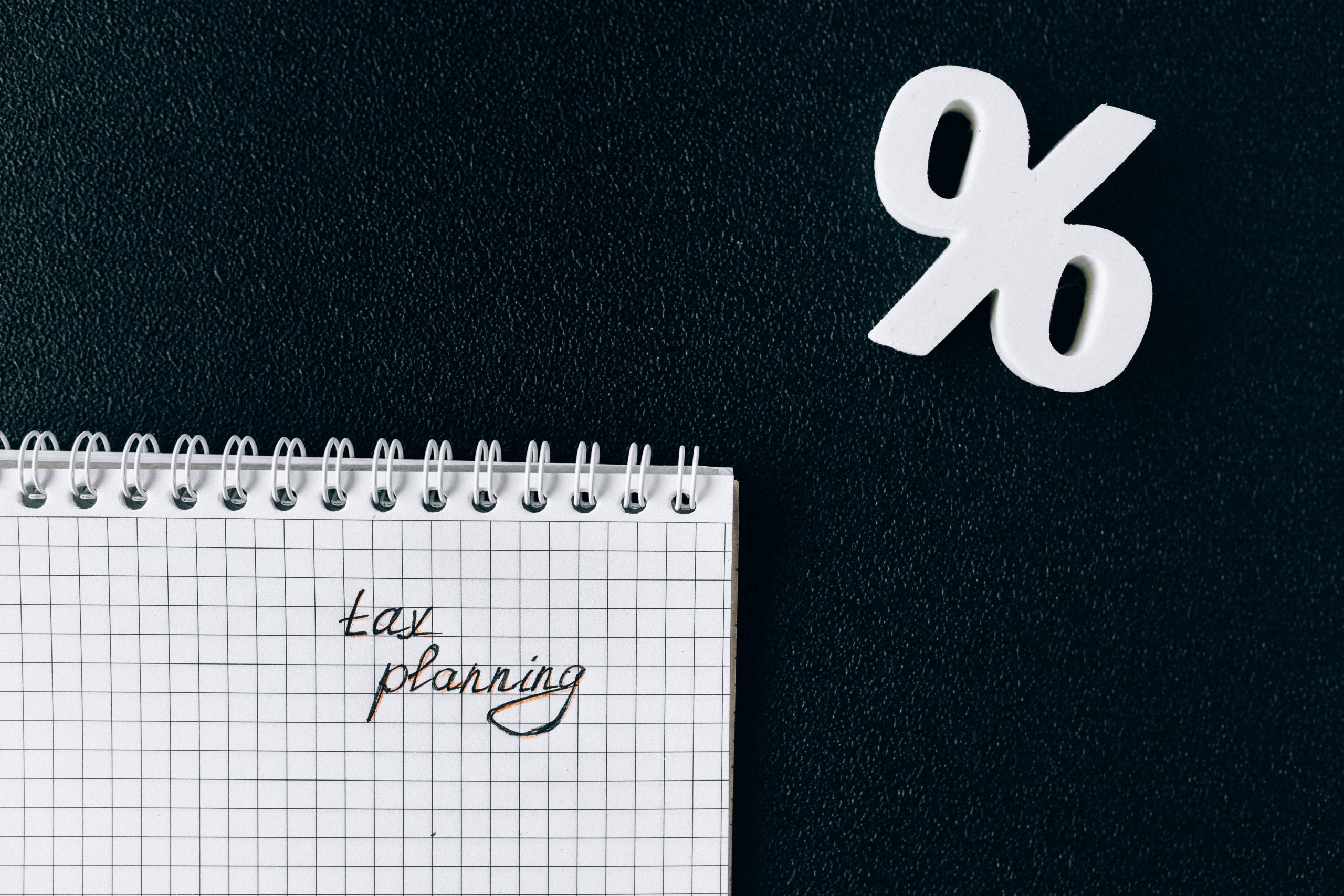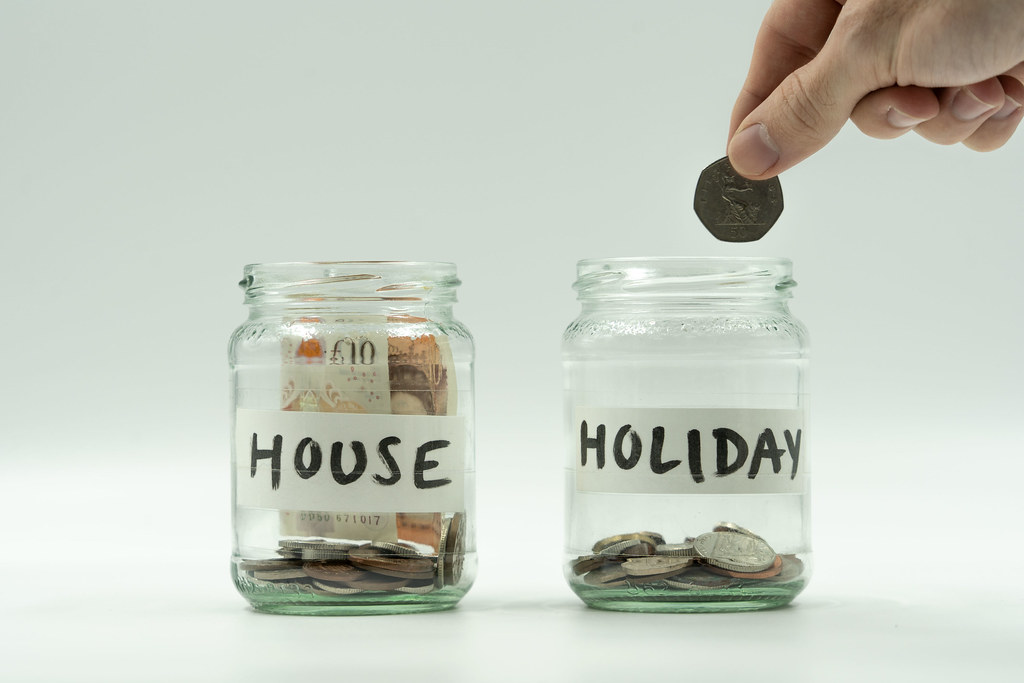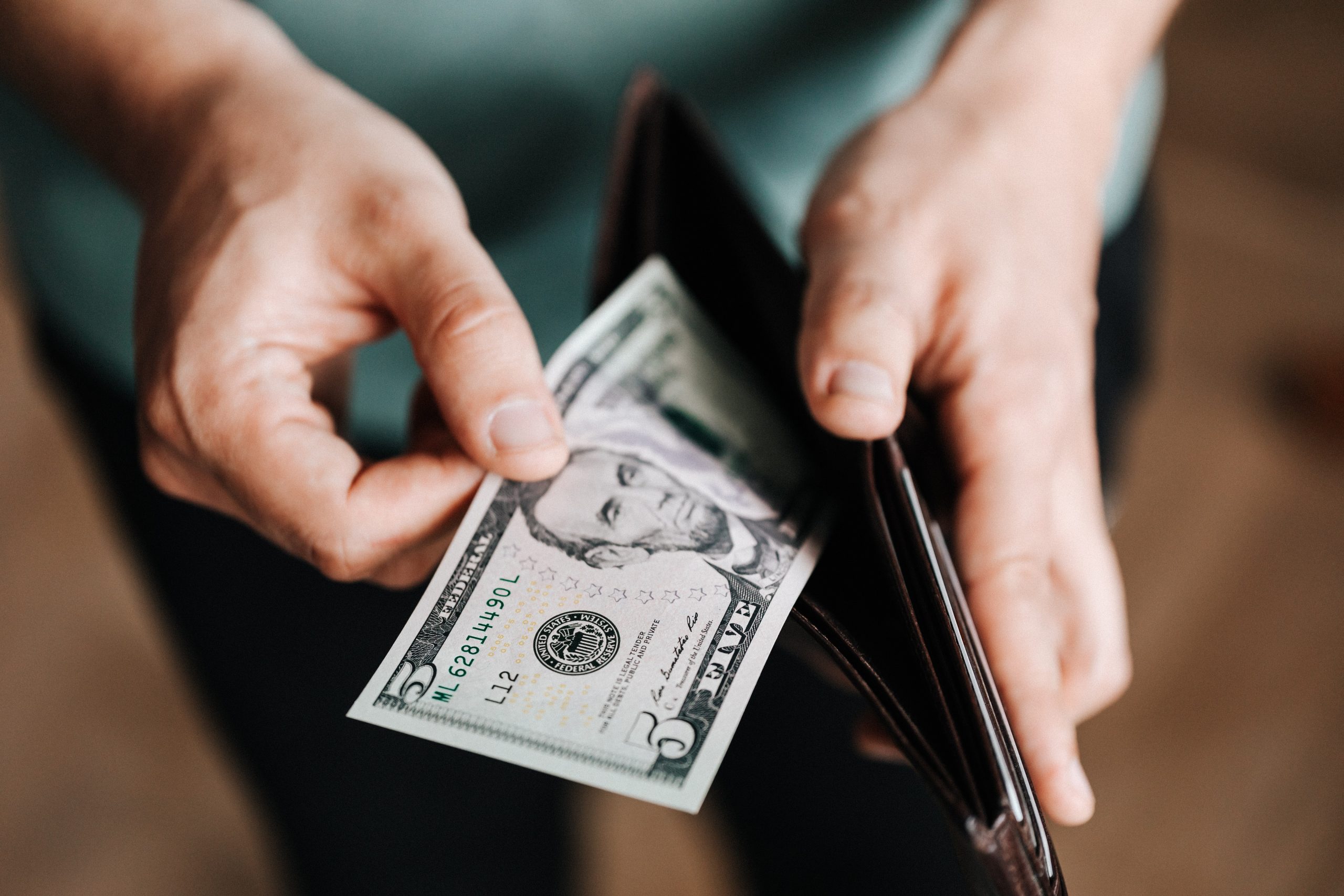Student loans can be a blessing when you don’t have enough funds to attend college or university. However, paying them back is something many people dread doing.
Like any loan, student loans collect interest, which means that you will be paying back more than you borrowed. While the average graduate with a bachelor’s degree comes out of university owing about $30,000, your interest rate will be compounded daily, increasing the amount you’re owed.
Luckily, you are not expected to pay back your student loans the moment you take them out, nor are you expected to start paying them back the second you graduate either. This period during which repayment isn’t yet expected is called a “grace period.”

Here are five things to know about student loan grace periods.
- Your grace period is usually about six months:
Most often, you will have about six months to start paying your loan back. This means that you won’t have to start making payments until six months after you graduate, leave school, or drop below the half-time status mark. This time is meant to give you the chance to look for a job so that you have money coming in before you’re expected to start making payments.
- Some, but not all, student loans may accrue interest during the grace period:
Don’t just assume every student loan has a grace period. It’s important to look into what type of loan you got and if it has a grace period. Direct subsidized/unsubsidized loans and subsidized/unsubsidized federal Stafford loans all have a six-month grace period, as do some private loans (but not all). PLUS loans have no grace period and the grace period on a Federal Perkins Loans depends on the school you attended.
- When making extra payments, specify where you want the money to go:
Plenty of lenders will allow you to make additional payments against your loan while you’re in your grace period, but if you make extra payments, you need to make it clear to your lender if you want the additional payment to go towards the principal, and not just your next payment.
- Your grace period can be used more than once:
For most loans that offer grace periods, the grace period will restart (in its entirety) if you start school again. So if you go back to school after dropping out, go back to full-time status, or move on to another degree or further education directly after graduating or within a few months, you will get the full grace period each time it restarts. This will mean the full six months and not just the remnants of what was left when you started school again.
- You should start making payments during your grace period:
Even if you’re done school and are planning on starting your career and will be using up your full grace period, you should begin repaying your loan right away. This is because a grace period can give you a false sense of security with your finances and you may not realize the amount of money you need to set aside to start repaying your student loans.






